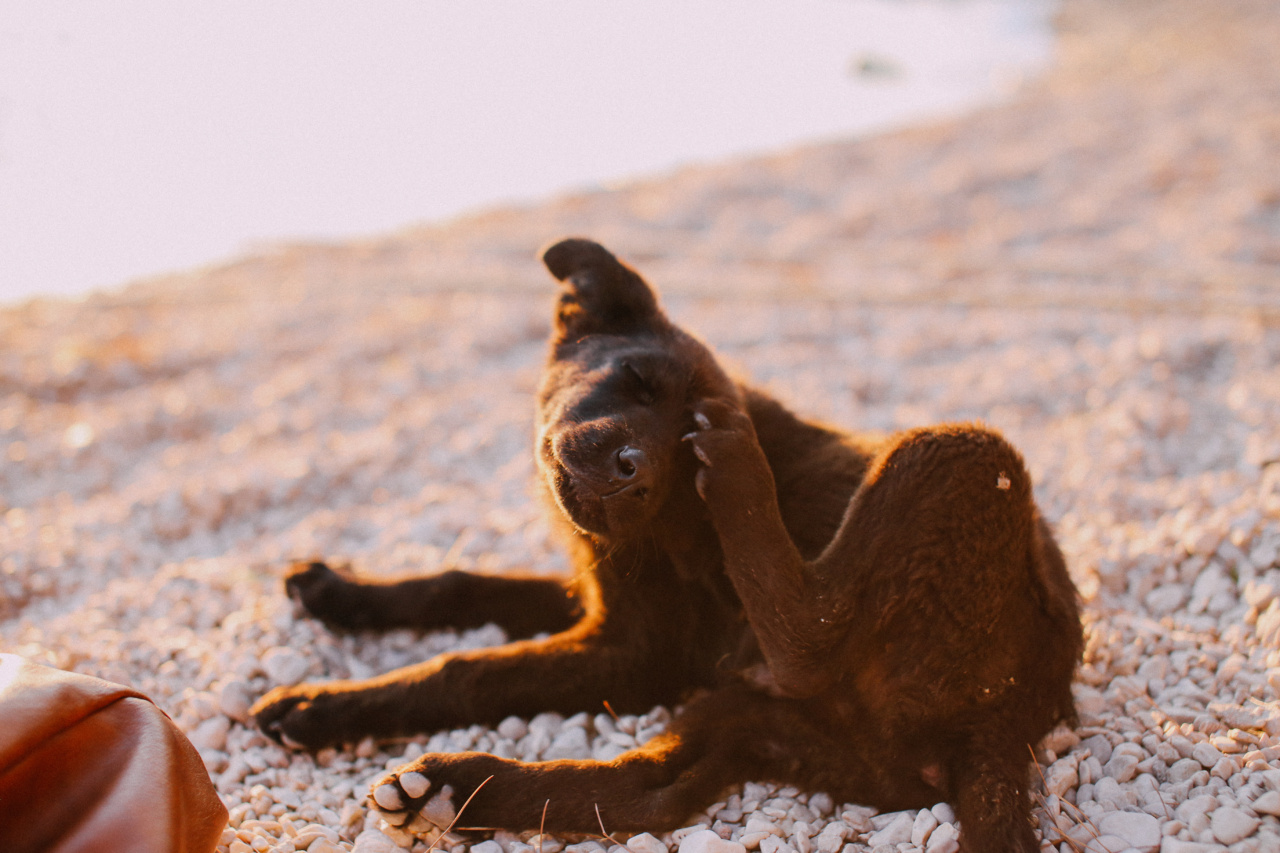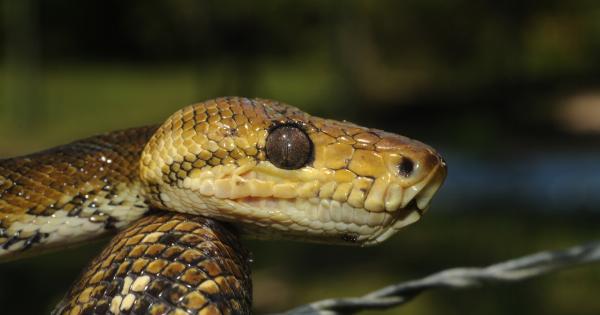Head itching can be a bothersome and sometimes embarrassing condition. The constant need to scratch can lead to discomfort, irritation, and even hair loss.
While occasional itching is normal, persistent or chronic itching may be a sign of an underlying issue. In this article, we explore five possible causes of head itching and provide insights into how to alleviate and prevent this troublesome condition.
1. Dry Scalp
Dry scalp is a common cause of head itching. It occurs when the skin on the scalp lacks moisture, leading to tightness, flakiness, and, in some cases, itching.
Factors such as cold weather, excessive use of hair products, or harsh shampoos can contribute to dry scalp.
To prevent and treat dry scalp, it is essential to moisturize regularly. Using a gentle shampoo and conditioner that hydrate the scalp can help retain moisture.
Additionally, limiting the use of styling products and avoiding excessive heat can also reduce dryness and itching.
2. Dandruff
Dandruff is a common condition characterized by the shedding of dead skin cells from the scalp. It can cause itching and flaking, leading to scalp irritation.
Dandruff can be caused by various factors, including a fungal infection, excessive oil production, or sensitivity to certain hair products.
Managing dandruff involves regular cleansing of the scalp with specialized anti-dandruff shampoos.
These shampoos usually contain ingredients such as ketoconazole, selenium sulfide, or zinc pyrithione, which help combat the underlying causes of dandruff. Using a gentle brushing technique and avoiding scratching the scalp can also prevent further irritation.
3. Allergic Reactions
Head itching can be a result of allergic reactions to certain substances or substances in hair products that come in contact with the scalp. These reactions can cause inflammation, redness, and itching.
Common allergens include fragrances, preservatives, and certain chemicals found in shampoos, conditioners, or hair dyes.
To prevent allergic reactions, it is important to identify and avoid potential triggers. Using hypoallergenic hair products or those labeled as fragrance-free and paraben-free can help minimize the risk of allergic reactions and subsequent itching.
Patch testing new products before using them on the scalp is also advisable for individuals with a history of allergies.
4. Head Lice
Head lice infestations can cause intense itching of the scalp. These small, wingless insects live on the scalp and feed on blood, causing significant discomfort. Head lice are most commonly found in children, but they can affect people of all ages.
Treating lice infestations involves using over-the-counter or prescription treatments designed to kill both adult lice and their eggs, known as nits. It is important to follow the instructions carefully and remove nits using a fine-toothed comb.
Additionally, washing and drying all bedding, clothing, and personal items that may have come in contact with the lice is crucial to prevent reinfestation.
5. Scalp Psoriasis
Scalp psoriasis is a chronic autoimmune condition that causes the rapid turnover of skin cells. This results in the formation of thick, silvery scales and patches on the scalp, along with itching and inflammation.
While the exact cause of scalp psoriasis is unknown, it is believed to involve a combination of genetic and environmental factors.
Managing scalp psoriasis often involves a multi-faceted approach. It may include medicated shampoos, topical corticosteroids, calcipotriene, or other prescription medications aimed at reducing inflammation and controlling the condition.
Moisturizing the scalp, avoiding stress, and adopting a healthy lifestyle can also help alleviate symptoms.






























